
Dornbirn: The Heart of Austria's Vorarlberg Region
Nestled in the picturesque Rhine Valley, Dornbirn is a charming city in the Vorarlberg region of Austria. Known for its stunning landscapes, Dornbirn is surrounded by lush forests, rolling hills, and the majestic Alps. This city offers a perfect blend of nature and culture, making it an ideal destination for tourists seeking both relaxation and adventure. Dornbirn’s Altstadt (Old Town) is a delightful area to explore, with its historic buildings, quaint shops, and cozy cafes. The Marktplatz, or market square, is the heart of the city and often hosts vibrant markets and events. Don't miss a visit to the Rolls-Royce Museum, which houses an impressive collection of classic cars. For nature enthusiasts, the Karren Mountain is a must-visit. A quick cable car ride will take you to the summit, where you can enjoy breathtaking views of the Rhine Valley and Lake Constance. The surrounding area offers numerous hiking and biking trails, catering to all levels of fitness and experience. Dornbirn is also home to the Inatura Nature Show Experience, an interactive museum that showcases the region’s natural history through engaging exhibits. Another highlight is the Rappenloch Gorge, a stunning natural formation that provides a scenic backdrop for a leisurely walk or a more challenging hike. Food lovers will delight in the local cuisine, which features a mix of traditional Austrian dishes and modern culinary creations. Be sure to try Käsknöpfle, a regional specialty of cheesy pasta. The city’s vibrant cultural scene includes theaters, galleries, and music festivals, offering a variety of entertainment options for visitors.
Local tips in Dornbirn
- Visit the weekly markets at Marktplatz for fresh local produce and crafts.
- Take the cable car up to Karren Mountain for panoramic views and dining at the mountaintop restaurant.
- Explore the Rappenloch Gorge early in the morning to avoid the crowds.
- Check out the Inatura Nature Show Experience for a family-friendly attraction.
- Try the local specialty, Käsknöpfle, at a traditional Austrian restaurant.
Dornbirn: The Heart of Austria's Vorarlberg Region
Nestled in the picturesque Rhine Valley, Dornbirn is a charming city in the Vorarlberg region of Austria. Known for its stunning landscapes, Dornbirn is surrounded by lush forests, rolling hills, and the majestic Alps. This city offers a perfect blend of nature and culture, making it an ideal destination for tourists seeking both relaxation and adventure. Dornbirn’s Altstadt (Old Town) is a delightful area to explore, with its historic buildings, quaint shops, and cozy cafes. The Marktplatz, or market square, is the heart of the city and often hosts vibrant markets and events. Don't miss a visit to the Rolls-Royce Museum, which houses an impressive collection of classic cars. For nature enthusiasts, the Karren Mountain is a must-visit. A quick cable car ride will take you to the summit, where you can enjoy breathtaking views of the Rhine Valley and Lake Constance. The surrounding area offers numerous hiking and biking trails, catering to all levels of fitness and experience. Dornbirn is also home to the Inatura Nature Show Experience, an interactive museum that showcases the region’s natural history through engaging exhibits. Another highlight is the Rappenloch Gorge, a stunning natural formation that provides a scenic backdrop for a leisurely walk or a more challenging hike. Food lovers will delight in the local cuisine, which features a mix of traditional Austrian dishes and modern culinary creations. Be sure to try Käsknöpfle, a regional specialty of cheesy pasta. The city’s vibrant cultural scene includes theaters, galleries, and music festivals, offering a variety of entertainment options for visitors.
When is the best time to go to Dornbirn?
Iconic landmarks you can’t miss
Rappenlochschlucht
Discover the breathtaking beauty of Rappenlochschlucht, a stunning hiking area in Dornbirn, Austria, known for its dramatic landscapes and serene waterfalls.
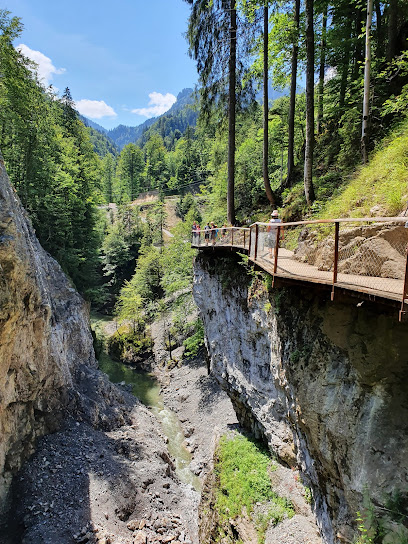
Red house
Discover the flavors of Austria at the Red House in Dornbirn, where culinary tradition meets modern elegance for an unforgettable dining experience.
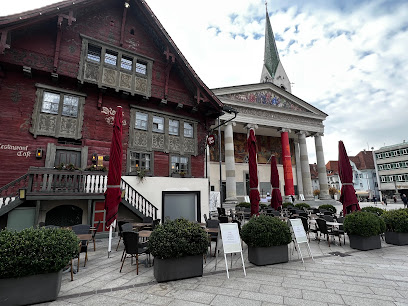
Vienna House by Wyndham Martinspark Dornbirn
Experience modern comfort and Austrian charm at Vienna House by Wyndham Martinspark Dornbirn, your gateway to breathtaking landscapes and rich culture.

Rolls-Royce Museum
Explore the elegance and innovation of Rolls-Royce at the museum in Dornbirn, showcasing luxury automobiles and their rich history.
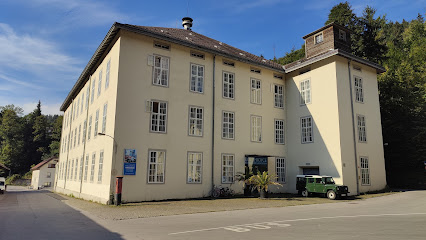
Alplochschlucht
Explore the breathtaking Alplochschlucht in Dornbirn, Austria - a hiker's paradise with stunning landscapes, waterfalls, and serene trails for all skill levels.
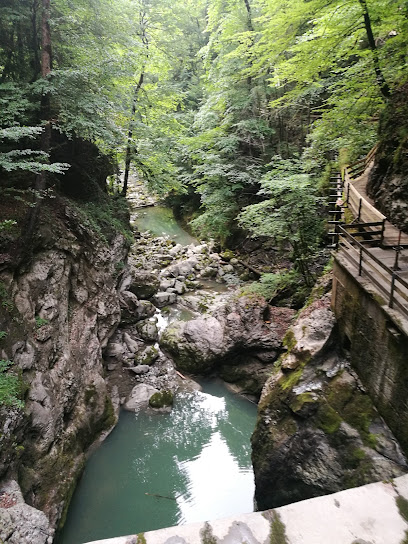
Oberstadt
Discover the rich history and breathtaking views of Oberstadt, a must-visit landmark in Bregenz, Austria, where culture meets stunning scenery.
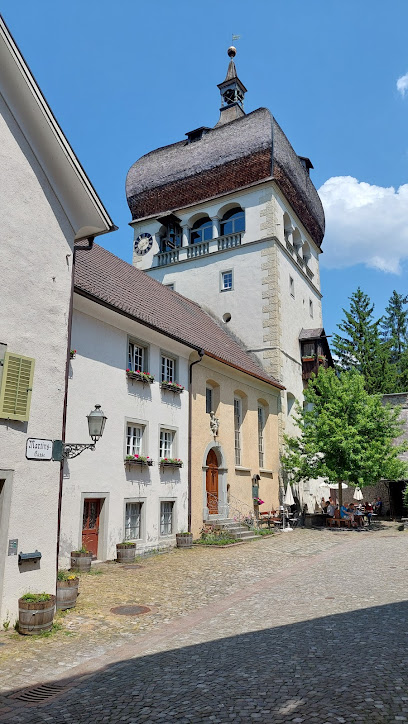
Kirchle, Naturdenkmal
Discover the breathtaking beauty of Kirchle Natural Monument in Dornbirn, a true gem for nature enthusiasts and adventure seekers.
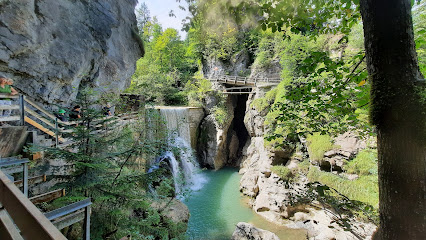
Schloss Wolfurt
Explore the historical charm of Schloss Wolfurt, a stunning castle in Austria, perfect for tourists seeking culture and beauty in a picturesque setting.
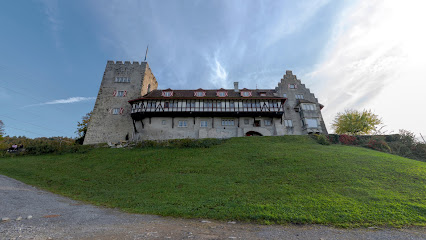
Dornbirn Tourismus & Stadtmarketing GmbH
Explore Dornbirn, Austria's hidden gem, with expert guidance from the Tourist Information Center for an unforgettable travel experience.
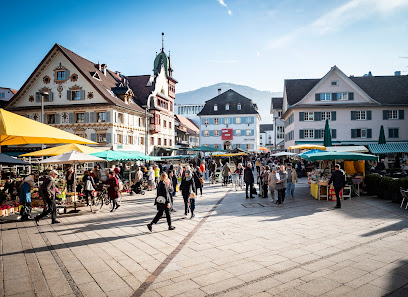
Aussichtspunkt am Karren
Experience stunning panoramic views of the Austrian Alps at the Karren Observation Deck, a must-visit destination in Dornbirn for nature lovers and photographers.
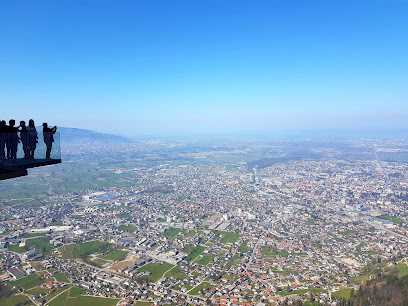
Pfarrkirche Hl. Maria Magdalena, Ebnit
Discover the serene beauty and spiritual significance of Pfarrkirche Hl. Maria Magdalena in Ebnit, Dornbirn – a must-visit landmark for travelers.
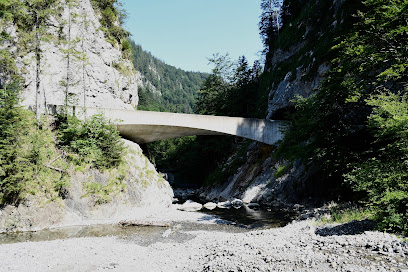
Adolf Rhomberg House
Discover the architectural beauty and historical significance of the Adolf Rhomberg House, a must-visit landmark in Dornbirn.
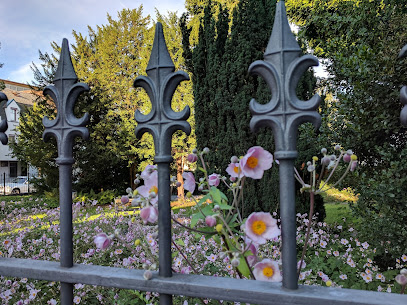
Power plant Ebensand
Discover the Ebensand Hydroelectric Power Plant in Dornbirn: an engineering marvel embracing sustainable energy in a breathtaking natural setting.
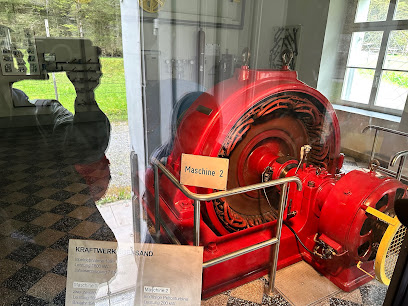
Kapelle Maria Hilf
Discover the tranquility and beauty of Kapelle Maria Hilf, a serene chapel in Dornbirn, Austria, surrounded by stunning landscapes and rich history.
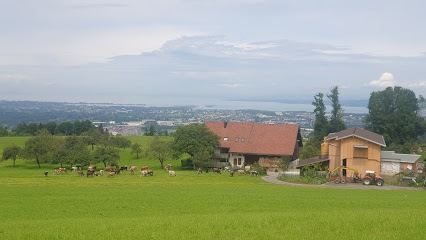
Branch church Gütle
Discover the serene beauty of Branch Church Güttle in Dornbirn, Austria, a peaceful retreat amidst stunning landscapes and rich cultural heritage.
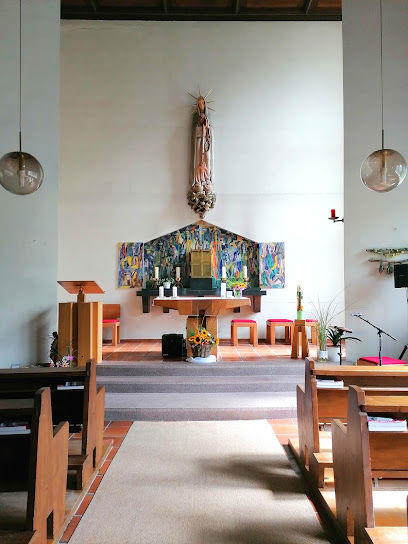
Unmissable attractions to see
Zeppelin Museum Friedrichshafen
Explore the Zeppelin Museum in Friedrichshafen, where the history of aviation and the marvels of airship travel come to life in a stunning lakeside setting.
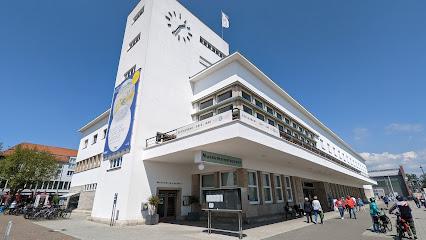
Meersburg Castle
Discover the charm of Meersburg Castle, a historical gem overlooking Lake Constance, perfect for history lovers and stunning views.
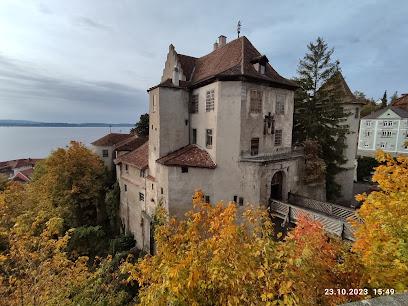
Dornier Museum
Discover the fascinating world of aviation and space history at the Dornier Museum, where innovation meets inspiration in Friedrichshafen.
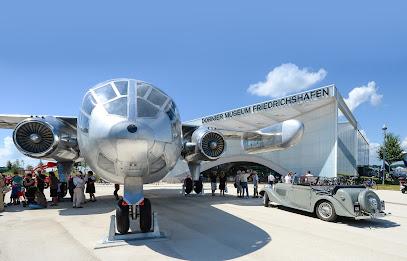
Lake Constance
Discover the stunning beauty and rich culture of Lake Constance, a picturesque destination perfect for outdoor enthusiasts and relaxation seekers alike.
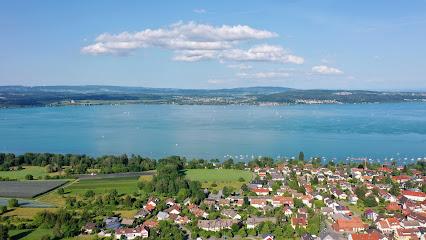
Uferpromenade Friedrichshafen
Experience the breathtaking beauty of Uferpromenade Friedrichshafen, a scenic lakeside attraction perfect for relaxation and recreation.
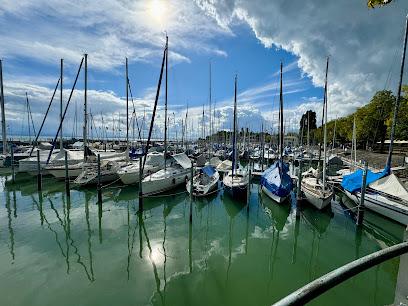
Abbey of Saint Gall
Discover the Abbey of Saint Gall, a UNESCO World Heritage site in Switzerland, showcasing exquisite Baroque architecture and a historic library.
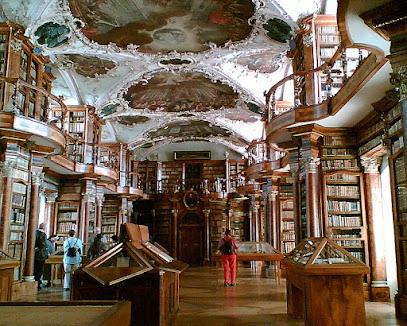
Wildpark Feldkirch
Explore the beauty of wildlife and nature at Wildpark Feldkirch, a family-friendly destination with engaging animal encounters and stunning Alpine views.
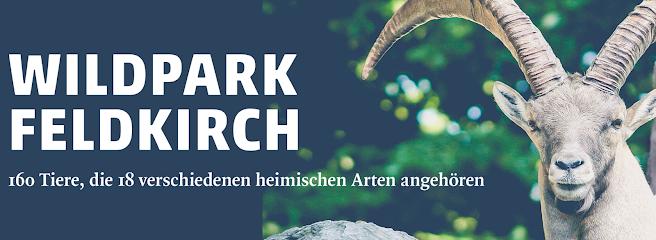
Seebühne Bregenz
Experience the unique floating opera at Seebühne Bregenz, where world-class performances meet breathtaking views of Lake Constance and the Alps.
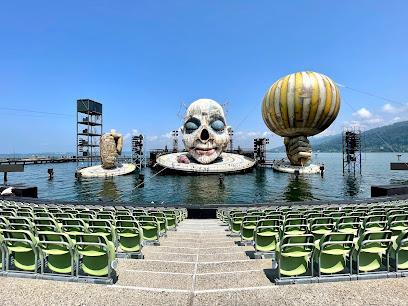
Bregenzer Festspiele
Experience the breathtaking Bregenzer Festspiele, where opera meets nature on the shores of Lake Constance in Bregenz, Austria.
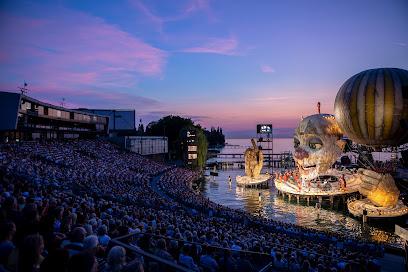
Aescher - Guesthouse on the mountain
Experience the enchanting beauty of the Swiss Alps at Aescher, a cozy guesthouse offering breathtaking views, local cuisine, and warm hospitality.
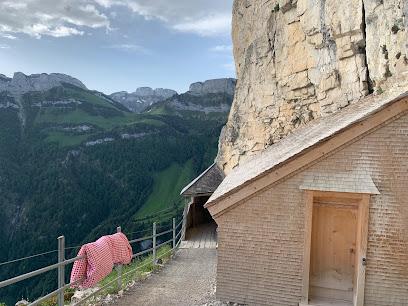
St. Gallen Cathedral
Discover the grandeur of St. Gallen Cathedral, a UNESCO World Heritage site blending rich history and stunning Baroque architecture in Switzerland.
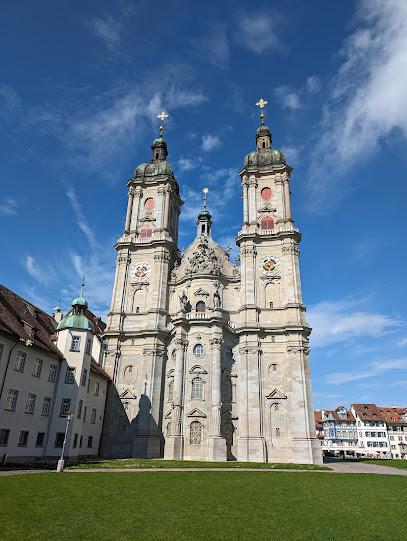
Graf-Zeppelin-Haus
Discover the Graf-Zeppelin-Haus in Friedrichshafen, a cultural center that harmoniously blends history, art, and modern events by Lake Constance.
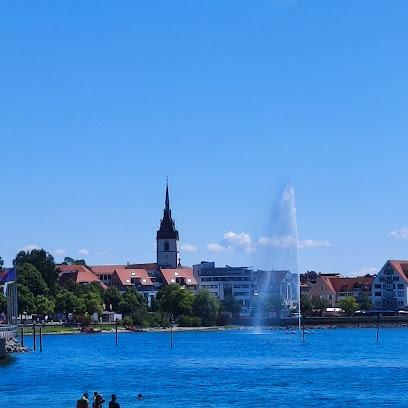
Pfänderbahn
Experience breathtaking views and alpine adventures at the Pfänderbahn in Bregenz, Austria, where nature meets adventure.
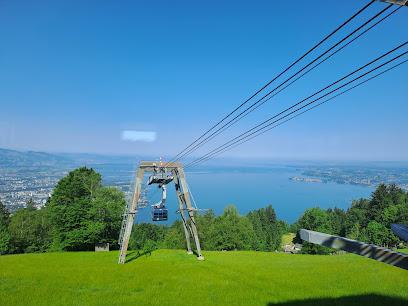
Mangturm
Explore Mangturm, Lindau's iconic lighthouse, offering breathtaking lake views and rich maritime history in a charming lakeside setting.
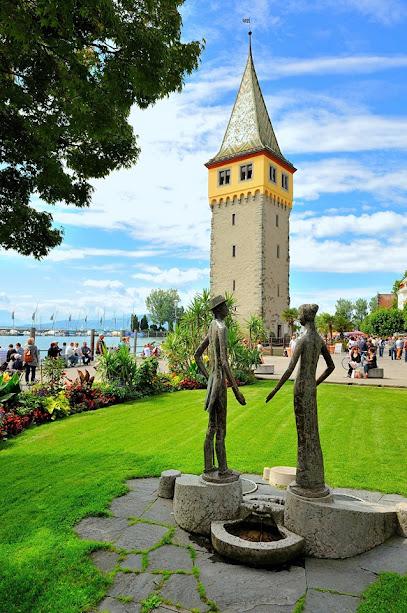
Moleturm
Discover stunning views of Lake Constance and the Alpine landscape from the iconic Moleturm observation deck in Friedrichshafen.
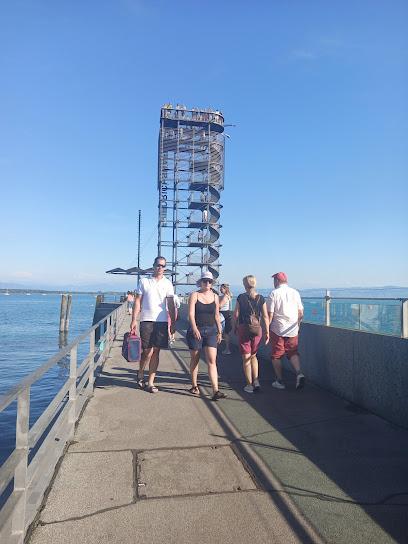
Essential places to dine
Panoramarestaurant Karren
Experience breathtaking views and delightful Austrian cuisine at Panoramarestaurant Karren atop Karren Mountain in Dornbirn.
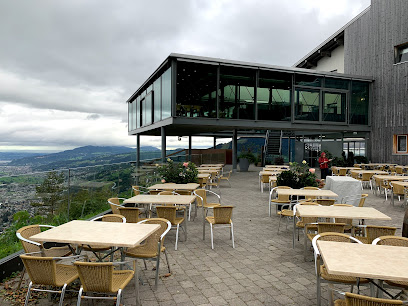
La Scarpetta
Experience authentic Italian cuisine at La Scarpetta in Dornbirn, where every dish tells a story of tradition and flavor.
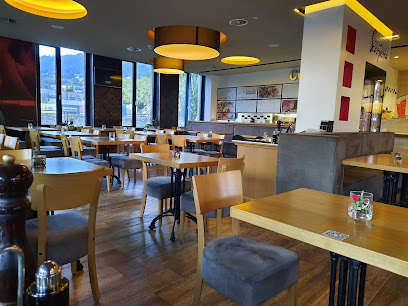
Schnitzel-Bär Dornbirn
Experience authentic Austrian flavors at Schnitzel-Bär in Dornbirn—home of the best schnitzels and warm hospitality.
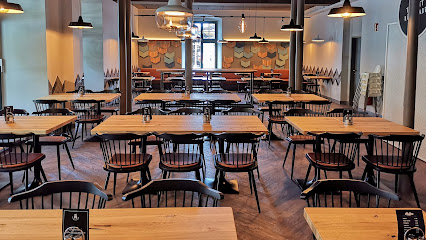
Steakhaus 21
Experience gourmet steak dining at Steakhaus 21 in Dornbirn – where every meal is a celebration of flavor and quality.
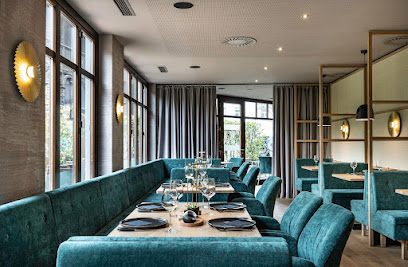
Red house
Experience exquisite Austrian cuisine in an elegant setting at Dornbirn's celebrated dining destination - The Red House.
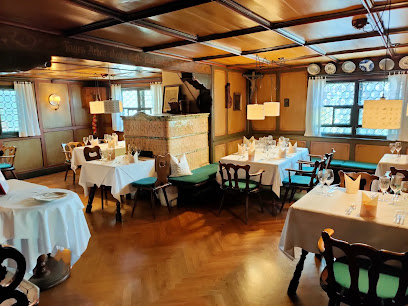
Shao Kao Grill & Wine
Experience authentic Chinese cuisine at Shao Kao Grill & Wine in Dornbirn - where flavor meets sophistication.
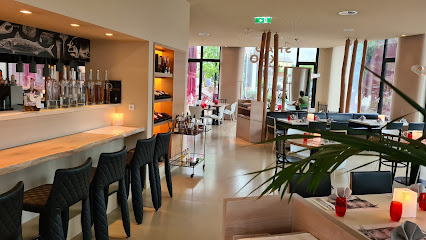
Mr. French, Bistro & Bar
Discover exquisite flavors at Mr. French Bistro & Bar in Dornbirn - where modern cuisine meets classic bistro charm.
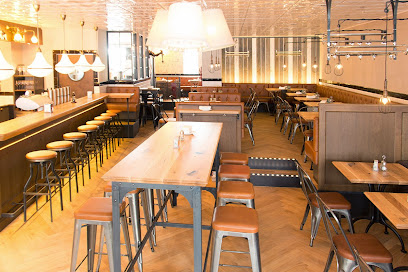
Gasthaus-Bierlokal
Experience authentic Austrian cuisine at Gasthaus-Bierlokal in Dornbirn - a perfect blend of tradition and flavor.
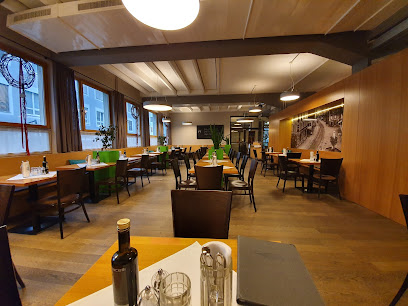
Pizzeria Ristorante Da Luigi
Experience authentic Italian cuisine at Pizzeria Ristorante Da Luigi in Dornbirn – where every pizza tells a story.
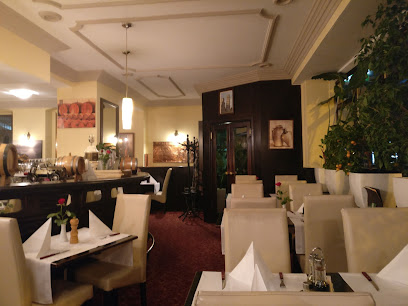
Restaurant Färbers
Experience authentic Austrian cuisine at Restaurant Färbers in Dornbirn - where tradition meets modern taste.
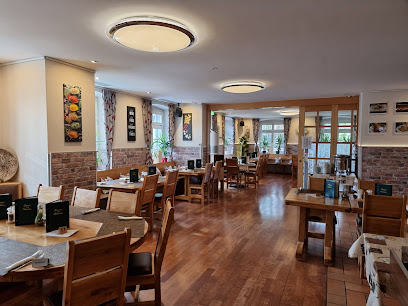
Gasthaus Bethlehem
Discover the flavors of Austria at Gasthaus Bethlehem – your destination for authentic cuisine in Dornbirn.
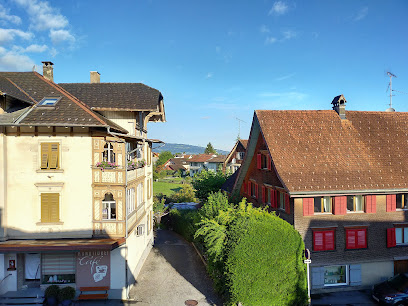
Cuma Grill
Experience authentic Turkish cuisine at Cuma Grill in Dornbirn - delicious dishes served with warmth and hospitality.
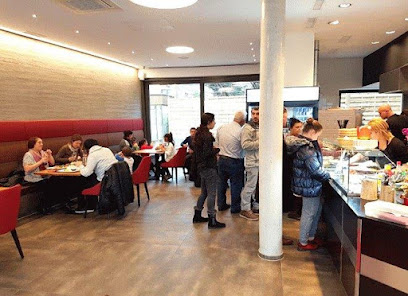
Ristorante Pizzeria Etna
Experience the essence of Italy at Ristorante Pizzeria Etna in Dornbirn - where delicious pizzas meet warm hospitality.
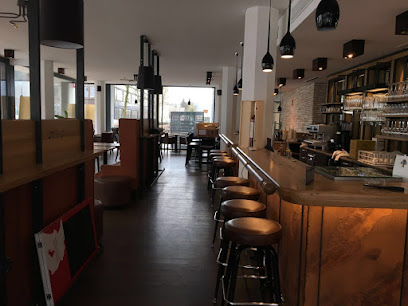
Ammenegger Stuba
Discover authentic Austrian cuisine at Ammenegger Stuba, where exquisite meat dishes meet warm hospitality in scenic Dornbirn.
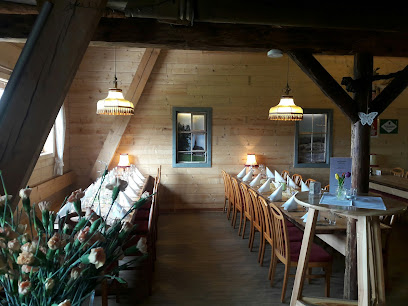
Hotel Restaurant Dreiländerblick Dornbirn
Experience authentic Austrian flavors and breathtaking views at Hotel Restaurant Dreiländerblick in Dornbirn.
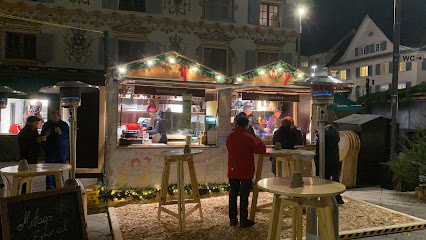
Markets, malls and hidden boutiques
Einkaufszentrum Messepark
Discover the best shopping experience at Einkaufszentrum Messepark in Dornbirn, Austria, featuring diverse stores, dining options, and family-friendly amenities.
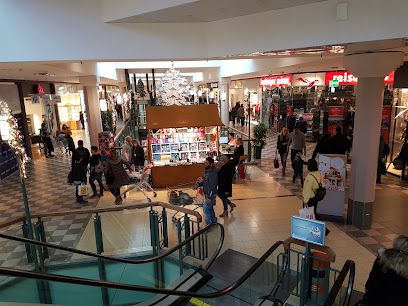
Stadtmarkt Dornbirn Einkaufszentrum
Discover an extensive range of shops, dining options, and entertainment at Stadtmarkt Dornbirn, the premier shopping destination in Austria.
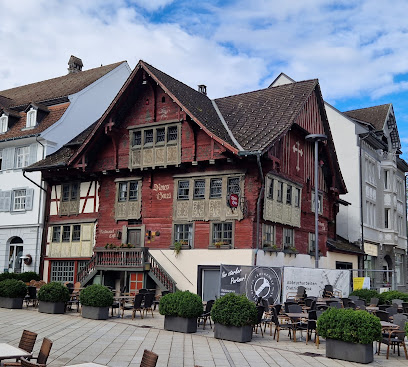
MARY ROSE GMBH
Explore Mary Rose GmbH in Dornbirn for unique local gifts and crafts that capture the essence of Austrian culture.
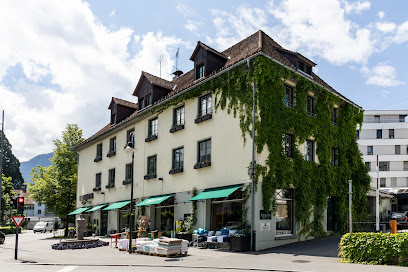
ediths Dornbirn
Explore Ediths Dornbirn, the ultimate department store for unique finds and local treasures in the heart of Austria.
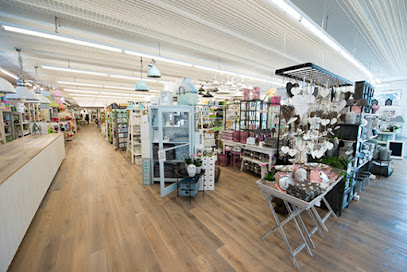
Moses Tee Shop
Discover the serene charm of Moses Tee Shop in Dornbirn, offering exquisite teas and a cozy atmosphere for a perfect respite.
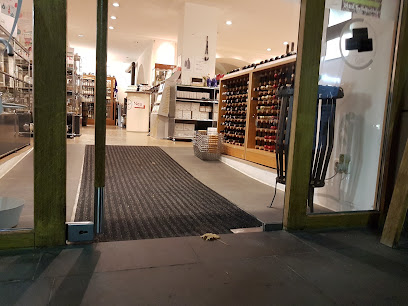
Moses Whiskey Shop
Explore a curated selection of whiskeys and wines at Moses Whiskey Shop in Dornbirn, a must-visit for spirits enthusiasts.
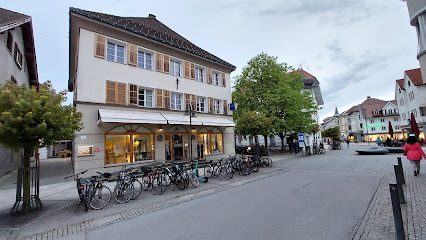
New Yorker
Explore stylish clothing and accessories at New Yorker in Dornbirn, the ultimate destination for fashion lovers of all ages.
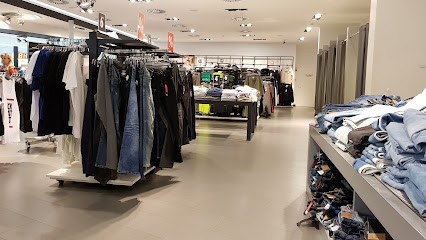
carla Shop Dornbirn
Explore sustainable fashion at carla Shop Dornbirn, where unique second-hand clothing awaits in a charming and eco-friendly environment.
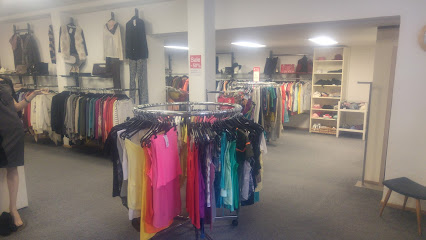
's Fachl Dornbirn
Discover the essence of local flavor at 's Fachl Dornbirn, a premier gourmet grocery store showcasing artisanal products and regional delicacies.
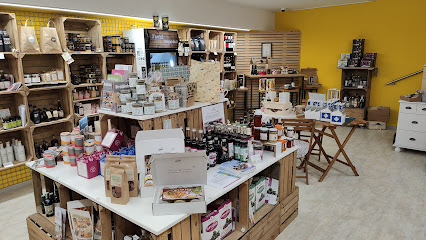
Skinfit Shop Dornbirn
Explore the Skinfit Shop Dornbirn for cutting-edge sportswear, expert advice, and a commitment to your outdoor adventures in Austria.
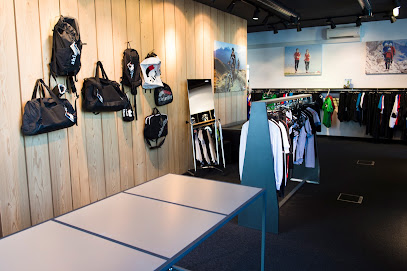
JACK & JONES
Explore JACK & JONES in Dornbirn for stylish men's clothing, from casual wear to formal attire, all in one fashionable destination.
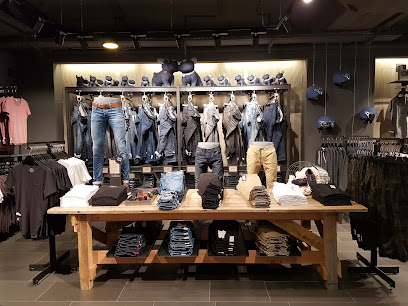
Typisch JU - trendige Mode für kurvige Frauen
Explore Typisch JU in Dornbirn: Your go-to clothing store for stylish plus-size fashion celebrating curvy women's beauty and confidence.
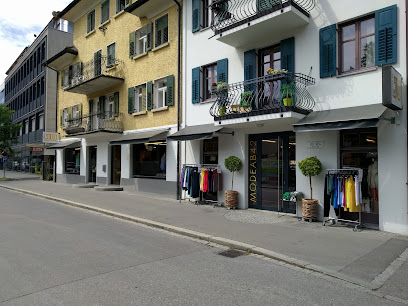
SASU · Schöne Dinge von hier und anderswo
Discover unique local crafts and gifts at SASU in Dornbirn, a charming store that captures the essence of Austrian craftsmanship.
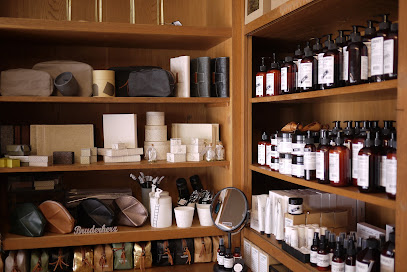
Weltladen Dornbirn
Explore unique fashion accessories at Weltladen Dornbirn, where style meets sustainability in the heart of Austria.
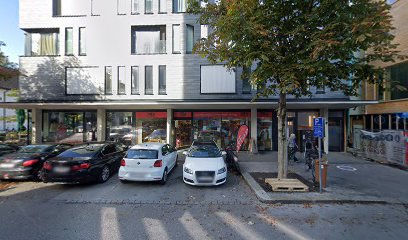
Depot
Discover unique gifts and stylish furniture at Depot in Dornbirn, the perfect spot for memorable souvenirs and home decor.
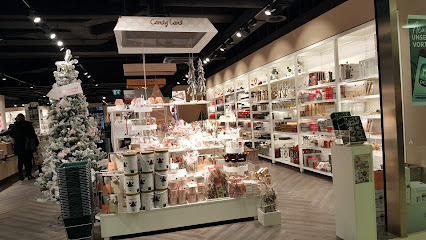
Essential bars & hidden hideouts
Gasthaus-Bierlokal
Experience the heart of Austrian cuisine at Gasthaus-Bierlokal in Dornbirn - where tradition meets taste in a cozy atmosphere.
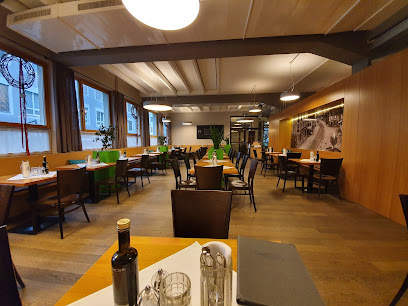
Cooky's Bar-Restaurant
Discover the fusion of local flavors and international cuisine at Cooky's Bar-Restaurant in Dornbirn, a culinary oasis for travelers.
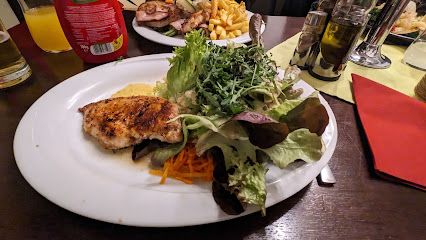
Frei
Experience the vibrant atmosphere and exquisite drink selection at Frei, Dornbirn's top bar destination for locals and travelers.
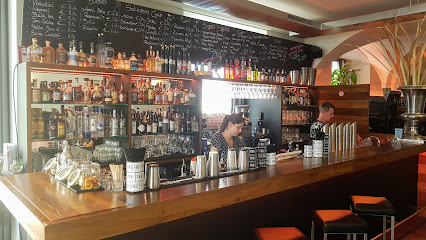
Mostschenke Möcklebur
Explore Mostschenke Möcklebur, a wine bar in Dornbirn, offering a delightful selection of local and international wines in a warm, cozy atmosphere.
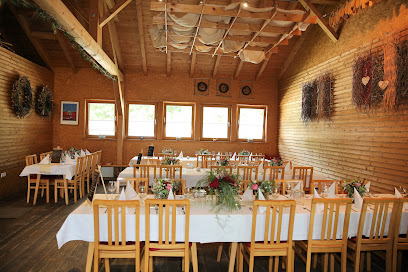
Mr. John's Erlebnis Gastronomie Ges.m.b.H.
Experience a delightful blend of café charm and vibrant pub atmosphere at Mr. John's Erlebnis Gastronomie in Dornbirn, Austria.
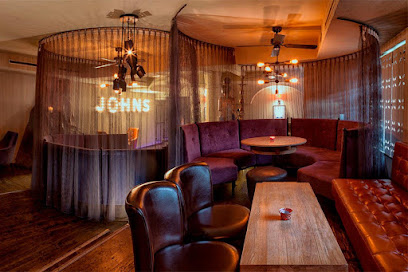
7er Bar
Experience the vibrant nightlife at 7er Bar in Dornbirn, where exceptional drinks meet a welcoming atmosphere for an unforgettable evening.
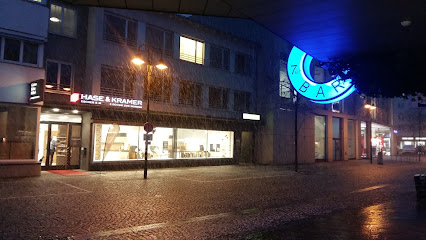
JuiSea 2.0
Discover the lively spirit of JuiSea 2.0 in Dornbirn, a vibrant bar and cultural hub offering cocktails, events, and a unique ambiance for all visitors.
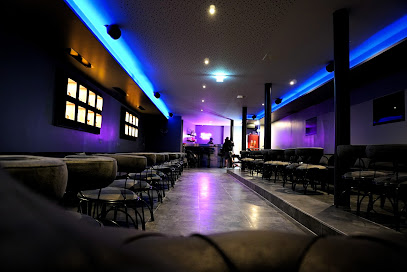
Sunny James Irish Pub
Discover Sunny James Irish Pub in Dornbirn, a cozy spot for authentic Irish cuisine, drinks, and lively entertainment, perfect for travelers seeking a local experience.
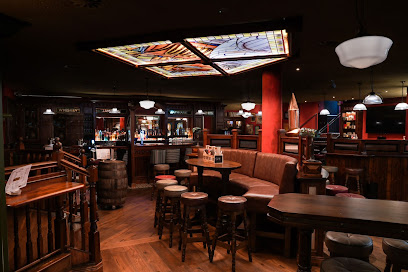
SNASH BURGER BAR
Savor gourmet burgers and creative cocktails in a vibrant atmosphere at SNASH BURGER BAR, Dornbirn's culinary hotspot.
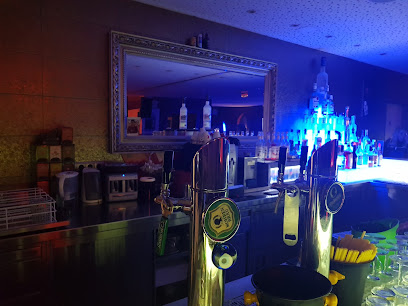
Café Bar Klappe 2
Experience the lively atmosphere and diverse drink selection at Café Bar Klappe 2, a must-visit bar in Dornbirn, Austria.
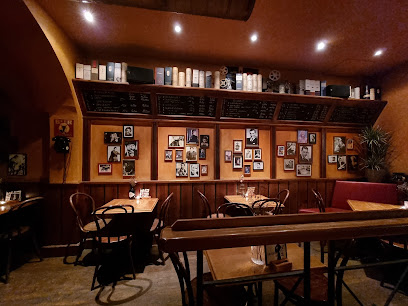
Rätschkachl Bar & Kulinarium
Experience the essence of Austrian cuisine at Rätschkachl Bar & Kulinarium in Dornbirn, where local flavors meet a cozy atmosphere.
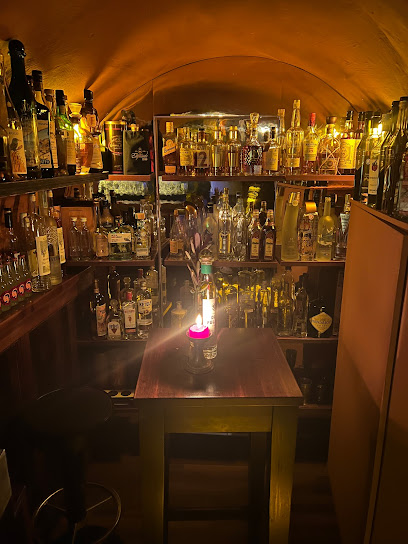
BAR10ZIMMER
Discover the heart of Dornbirn at BAR10ZIMMER, where lively nightlife meets cozy hotel accommodations in a vibrant setting.
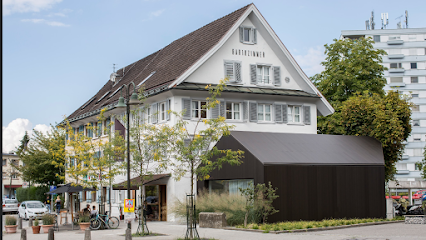
iX - Dornbirn
Experience the lively ambiance and delectable cuisine at iX - Dornbirn, the perfect bar and restaurant for any traveler in Vorarlberg.
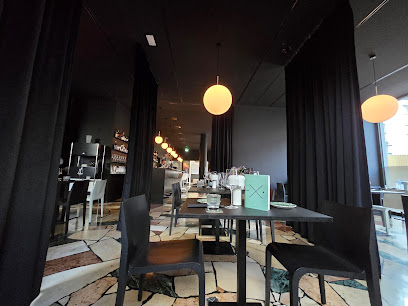
Kala
Experience the vibrant atmosphere of Kala in Dornbirn, a bar and restaurant perfect for food lovers and sports enthusiasts alike.
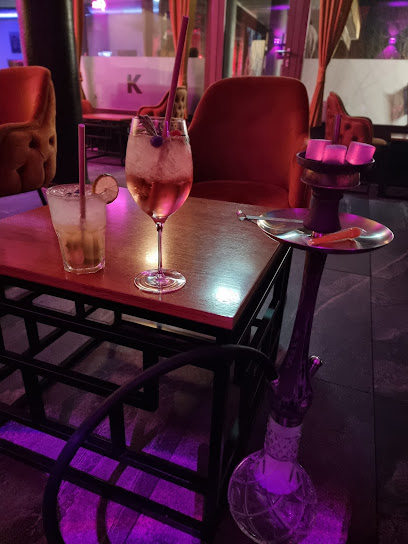
Travel experiences inspired by this city
Explore more travel diariesLocal Phrases
-
- HelloHallo
[hah-loh] - GoodbyeAuf Wiedersehen
[ouf vee-der-zay-en] - YesJa
[yah] - NoNein
[nine] - Please/You're welcomeBitte
[bih-teh] - Thank youDanke
[dahn-keh] - Excuse me/SorryEntschuldigung
[ent-shool-di-goong] - How are you?Wie geht es dir?
[vee gayt es deer] - Fine. And you?Gut. Und dir?
[goot oont deer] - Do you speak English?Sprechen Sie Englisch?
[shpre-khen zee eng-leesh] - I don't understandIch verstehe nicht
[ikh fer-shtay-eh nikht]
- HelloHallo
-
- I'd like to see the menu, pleaseIch möchte bitte die Speisekarte sehen
[ikh mehrkhteh biht-teh dee shpay-zeh-kahr-teh zay-en] - I don't eat meatIch esse kein Fleisch
[ikh ess-eh kine flysh] - Cheers!Prost!
[prohst] - I would like to pay, pleaseIch möchte bitte zahlen
[ikh mehrkhteh biht-teh tsah-len]
- I'd like to see the menu, pleaseIch möchte bitte die Speisekarte sehen
-
- Help!Hilfe!
[hil-feh] - Go away!Geh weg!
[geh vehg] - Call the Police!Rufen Sie die Polizei!
[roo-fen zee dee poh-lee-tsay] - Call a doctor!Rufen Sie einen Arzt!
[roo-fen zee i-nen artsht] - I'm lostIch habe mich verirrt
[ikh hah-beh mikh feh-reert] - I'm illIch bin krank
[ikh been krank]
- Help!Hilfe!
-
- I'd like to buy...Ich möchte kaufen...
[ikh mehrkhteh kow-fen] - I'm just lookingIch schaue nur
[ikh shou-eh noor] - How much is it?Wie viel kostet es?
[vee feel kohs-teht es] - That's too expensiveDas ist zu teuer
[dahs ist tsoo toy-er] - Can you lower the price?Können Sie den Preis senken?
[kern-en zee den price zehn-ken]
- I'd like to buy...Ich möchte kaufen...
-
- What time is it?Wie spät ist es?
[vee shpayt ist es] - It's one o'clockEs ist ein Uhr
[es ist ine oor] - Half past (10)Halb zehn
[halb tsayn] - MorningMorgen
[mohr-gen] - AfternoonNachmittag
[nahkh-mit-tahk] - EveningAbend
[ah-bent] - YesterdayGestern
[gehs-tern] - TodayHeute
[hoy-teh] - TomorrowMorgen
[mohr-gen] - 1Eins
[ines] - 2Zwei
[tsvay] - 3Drei
[dry] - 4Vier
[feer] - 5Fünf
[foonf] - 6Sechs
[zeks] - 7Sieben
[zee-ben] - 8Acht
[ahkht] - 9Neun
[noyn] - 10Zehn
[tsayn]
- What time is it?Wie spät ist es?
-
- Where's a/the...?Wo ist ein/der...?
[wo ist ine/dehr] - What's the address?Wie ist die Adresse?
[vee ist dee ah-dreh-suh] - Can you show me (on the map)?Können Sie mir zeigen (auf der Karte)?
[kern-en zee meer tsai-gen (ouf dehr kahr-teh)] - When's the next (bus)?Wann kommt der nächste (Bus)?
[vahn kommt dehr nakhs-teh (boos)] - A ticket (to ....)Eine Fahrkarte (nach ....)
[i-ne fahr-kahr-teh (nahkh)]
- Where's a/the...?Wo ist ein/der...?
History of Dornbirn
-
Dornbirn's history can be traced back to the Bronze Age, with archaeological findings suggesting early human settlement in the area. The first documented mention of Dornbirn was in 895 AD, when it was referred to as 'Torrinpuirron'. It was primarily a farming community during its early years, benefiting from its fertile lands and the protection offered by the surrounding mountains.
-
During the medieval period, Dornbirn experienced significant growth. It came under the control of various noble families, including the Counts of Montfort. The town's strategic location along trade routes facilitated commerce and economic development. By the 14th century, Dornbirn had established itself as a notable market town, attracting traders and craftsmen from surrounding regions.
-
The Protestant Reformation in the 16th century brought religious upheaval to Dornbirn. While the town remained predominantly Catholic, there were notable shifts in religious practices and community life. The construction of significant religious structures, such as the St. Martin's Church, played a crucial role in shaping the town's cultural and spiritual landscape.
-
The 19th century marked a transformative era for Dornbirn with the advent of the Industrial Revolution. The town became a hub for the textile industry, with numerous factories and mills established along the shores of the Dornbirner Ach river. The Schedler family, among others, played a pivotal role in industrializing Dornbirn, leading to rapid economic growth and urban development.
-
Dornbirn, like much of Europe, was deeply affected by the events of the 20th century. During World War I and World War II, the town faced economic hardships and loss. However, in the post-war period, Dornbirn underwent significant modernization. The establishment of educational institutions, such as the Vorarlberg University of Applied Sciences, and the development of infrastructure transformed Dornbirn into a vibrant modern town.
-
In recent decades, Dornbirn has experienced a cultural renaissance. The town hosts numerous festivals and events that celebrate its rich heritage and contemporary culture. The annual Dornbirn Fair, for instance, is a major highlight, attracting visitors from across the region. Cultural institutions, such as the Inatura Nature Museum and Kunstraum Dornbirn, further enrich the town's cultural tapestry.
Dornbirn Essentials
-
Dornbirn is located in the westernmost part of Austria, in the state of Vorarlberg. The nearest major airport is Zurich Airport in Switzerland, approximately 120 kilometers away. From Zurich, you can take a direct train to Dornbirn, which takes about 1.5 to 2 hours. Alternatively, you can fly into Munich Airport in Germany, about 200 kilometers away, and then take a train or rental car to Dornbirn. There are also regional flights to Friedrichshafen Airport in Germany, which is only 45 kilometers from Dornbirn. For those traveling by train, Dornbirn is well-connected by the Austrian Federal Railways (ÖBB) network, with regular services from major Austrian cities like Vienna and Salzburg.
-
Dornbirn offers a variety of transportation options. The city itself is compact and walkable, making it easy to explore on foot. For longer distances, local buses operated by Vorarlberg Lines (Landbus) are efficient and frequent. Taxis are readily available, and car rentals can be arranged from several agencies in the city. Biking is also a popular mode of transport, with many bike rental services and designated bike paths. For regional travel, Dornbirn's main train station provides connections to surrounding cities and towns.
-
The official currency in Austria is the Euro (EUR). Credit and debit cards are widely accepted in Dornbirn, including in hotels, restaurants, and shops. However, it is advisable to carry some cash for smaller establishments and markets. ATMs are plentiful, and international cards are generally accepted for cash withdrawals. Be sure to notify your bank of your travel plans to avoid any issues with card usage.
-
Dornbirn is generally a very safe destination for tourists. The crime rate is low, but standard precautions should be taken. Avoid leaving valuables unattended and be cautious in crowded places to prevent pickpocketing. There are no specific neighborhoods in Dornbirn known for high crime rates targeting tourists. As always, stay aware of your surroundings, especially if you are out late at night.
-
In case of emergency, dial 112 for immediate assistance, which is the European emergency number for police, fire, and medical services. Dornbirn has a well-equipped hospital, the Landeskrankenhaus Dornbirn, for any medical emergencies. Pharmacies are also available for minor health issues and over-the-counter medications. It is recommended to have travel insurance that covers medical emergencies.
-
Fashion: Do dress smart-casual, especially when dining out or attending events. Don't wear overly casual or revealing clothing in more formal settings. Religion: Do respect local religious customs, especially when visiting churches. Don't take photos in religious sites without permission. Public Transport: Do validate your ticket before boarding and offer your seat to elderly passengers. Don't eat or drink on public transport. Greetings: Do greet people with a friendly 'Grüß Gott' or 'Hallo.' A firm handshake is also common. Don't be overly familiar on first meetings. Eating & Drinking: Do try local specialties like Käsekrainer and Vorarlberger Riebel. Don't refuse food or drink offerings, as it is considered impolite.
-
To experience Dornbirn like a local, visit the Wochenmarkt, a weekly market where you can buy fresh produce and regional products. Engage with locals at the many cafés and restaurants, as they are often friendly and willing to share insights about the area. Don't miss the Rappenlochschlucht, a stunning gorge for hiking, and the Rolls-Royce Museum, which is unique to Dornbirn. For a relaxing experience, take a stroll through the Stadtpark and enjoy the serene atmosphere.
Trending Landmark in Dornbirn
-
Rappenlochschlucht
-
Red house
-
Vienna House by Wyndham Martinspark Dornbirn
-
Rolls-Royce Museum
-
Alplochschlucht
-
Oberstadt
-
Kirchle, Naturdenkmal
-
Schloss Wolfurt
-
Dornbirn Tourismus & Stadtmarketing GmbH
-
Aussichtspunkt am Karren
-
Pfarrkirche Hl. Maria Magdalena, Ebnit
-
Adolf Rhomberg House
-
Power plant Ebensand
-
Kapelle Maria Hilf
-
Branch church Gütle
Nearby Cities to Dornbirn
-
Things To Do in Bregenz
-
Things To Do in Ruggell
-
Things To Do in Schellenberg
-
Things To Do in Mauren
-
Things To Do in Eschen
-
Things To Do in Gamprin
-
Things To Do in Schaan
-
Things To Do in Vaduz
-
Things To Do in Triesenberg
-
Things To Do in Balzers
-
Things To Do in St. Anton am Arlberg
-
Things To Do in Davos
-
Things To Do in Arosa
-
Things To Do in Zurich
-
Things To Do in St. Moritz












